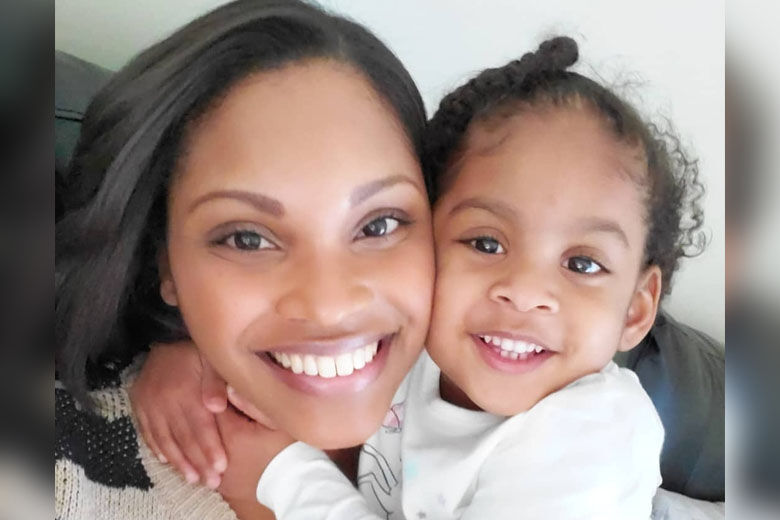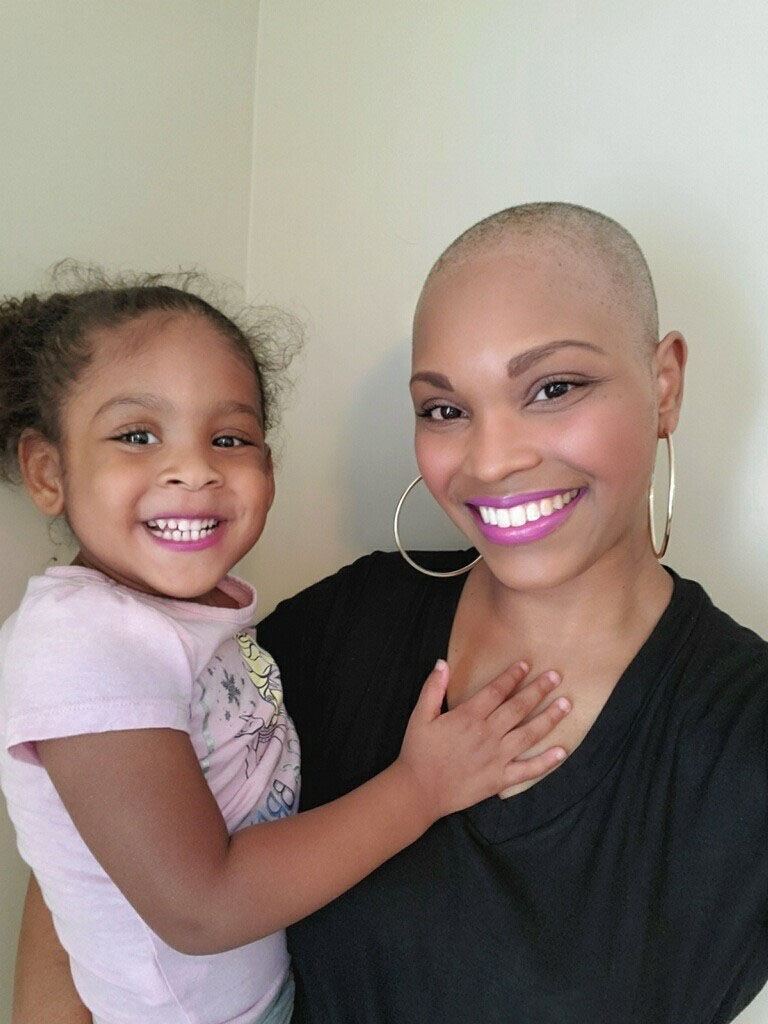
Some kids don’t need an invitation to make a mess, and if they’re really good at it, it might help lead to a cure for childhood cancer.
Sponsored by the American Cancer Society, the Little Dig is a virtual competition alternative to the planned and canceled Big Dig fundraiser that would have let kids operate bulldozers, front loaders and dump trucks.
“We really wanted to find a way, especially with the pandemic, that kids could get involved with philanthropy in a fun way,” American Cancer Society Executive Director Tswana Sewell said.
The Little Dig invites kids to “Get Dirty to Battle Pediatric Cancer” using whatever they want — paint, Play-Doh, kinetic sand, Legos or mud. Participants are invited to submit pictures and videos.
Online voting will determine some of the subjective winners, such as most creative dig. The competition will award these categories:
- Most money raised
- Most dirty
- Most individual donations
- Most creative dig
- Most actively involved on social media using #TheLittleDig2020.
There’s no charge to sign up.
“Of course, this is a fundraiser, so we do ask people to make a donation themselves and to ask friends and family for a donation,” Sewell said.

Using herself as an example, Sewell signed up her niece, 3-year-old London Singleton, and made a $25 donation to get her effort started. London Singleton’s mom is battling cancer, and her grandmother died of a rare form of cancer last year.
Sewell said she and her sister posted on Facebook, sent out a few texts and emails.
“We do ask for people to put a little bit of effort into it. And when I say a little bit — honestly, the things I just listed — those are the things my sister and I have done so far,” Sewell said. “That didn’t take a whole lot of time and effort.”
Right now, the American Cancer Society has $34 million supporting 60 grants for pediatric cancer research.
“It can take 10 to 20 years for a breakthrough in research to come to fruition, which is why it’s so important to us that we’re raising money for Little Dig, because we just can’t afford to push pause on the research now, or else that means lives lost tomorrow,” Sewell said.
The challenge of children’s cancer is not insurmountable; advances are being made. In some of the acute types of lymphoma children are often diagnosed with, there’s been an increase in the five-year survival rate of up to 90% compared to 57% in the late 1970s.
“Of course, we want to get that number up to 100%, but through research, we are making leaps and bounds in that area,” Sewell said.
Participants have until Sept. 25 to submit a photo or video of them getting dirty to support pediatric cancer research. Send to shiri.rozenberg@cancer.org with the subject “The Little Dig Competition Photo/Video (Your Name).”








